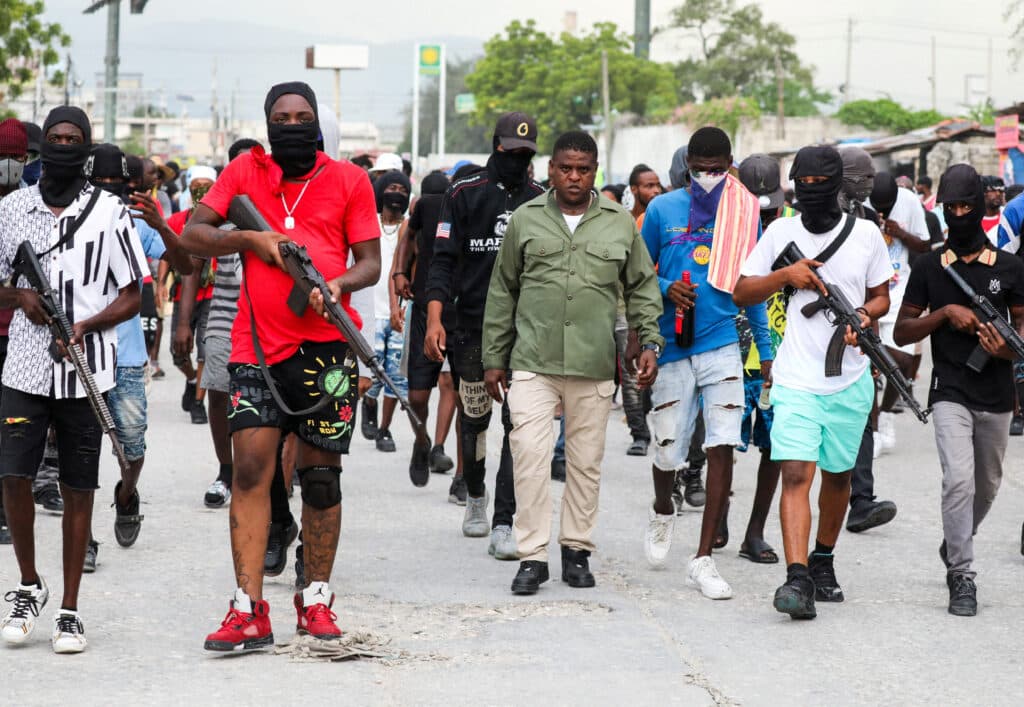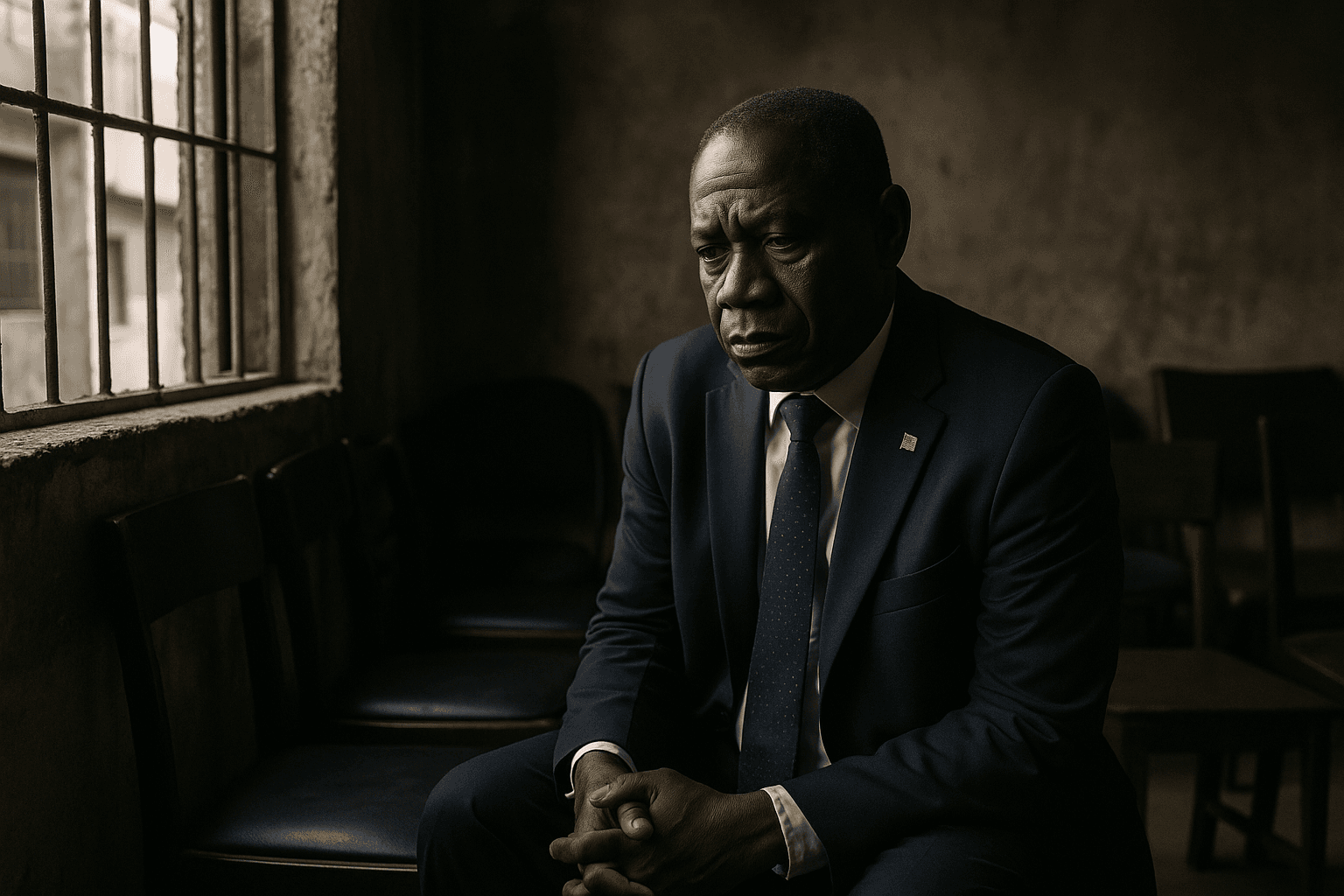U.S. Bars Visa for Haitian Council Member, Cites Gang Ties
The U.S. government announced visa restrictions today against Fritz Alphonse Jean, a high profile member of Haiti’s transitional presidential council, accusing him of supporting gangs and criminal networks that have fueled violence and extortion. The measure aims to pressure actors seen as undermining stability, but it risks deepening political fissures in an already fragile state and complicating international efforts to restore governance.

The United States announced on November 25, 2025 that it is imposing visa restrictions on Fritz Alphonse Jean, a prominent member of Haiti’s transitional presidential council, alleging that he has supported gangs and criminal networks whose activities have significantly destabilized the country. Washington framed the move as part of a broader effort to pressure political and security actors implicated in sustaining violence and extortion, and to support Haiti’s institutional restoration.
The decision follows months of international concern about the widening reach of armed groups across Port au Prince and other urban centers, where extortion and gang violence have eroded state authority and created severe humanitarian strain. U.S. officials described visa restrictions as a targeted tool intended to deny travel privileges to individuals believed to be enabling criminal networks, while signaling consequences for those who stand in the way of governance and security reforms.
Haitian authorities and political stakeholders are likely to view the U.S. action through sharply different lenses. Supporters of stronger external pressure see such measures as one of the few tools available to international actors when domestic institutions are weak and law enforcement options are limited. Critics are likely to argue that sanctions imposed from abroad risk undermining Haitian sovereignty and could be weaponized in internal political contests. Fritz Alphonse Jean publicly denied the accusations leveled by the U.S., and his standing within the transitional council and among political constituencies may be further affected by the announcement.
The timing of the restrictions escalates tensions at a delicate moment for Haiti. The transitional presidential council was established amid a protracted political crisis, with a mandate to steer the country toward more stable governance. Visa measures that single out a council member could complicate negotiations among political elites, hinder cooperation with international partners, and feed narratives of foreign interference among segments of the population already distrustful of external involvement.

Regional partners and multilateral organizations now face a test in balancing pressure on individuals accused of abetting violence with support for Haitian led solutions. Caribbean states and institutions have repeatedly emphasized the importance of Haitian ownership in any stabilization effort, while also expressing concern about the catastrophic social and economic effects of rampant criminality. The U.S. statement that visa measures are only one tool underscores the limits of unilateral measures to rebuild institutions and restore public security.
The broader international implication is clear. As states confront transnational criminal networks that exploit weak governance, visa restrictions and other targeted measures will remain part of diplomatic toolkits. Their effectiveness, however, depends on coordination with Haitian institutions, regional diplomacy, and concrete commitments to restore legitimate security and justice mechanisms that address the root causes of gang power and public insecurity. Without such parallel steps, punitive measures risk producing political ripple effects that further complicate an already precarious path to stability.


